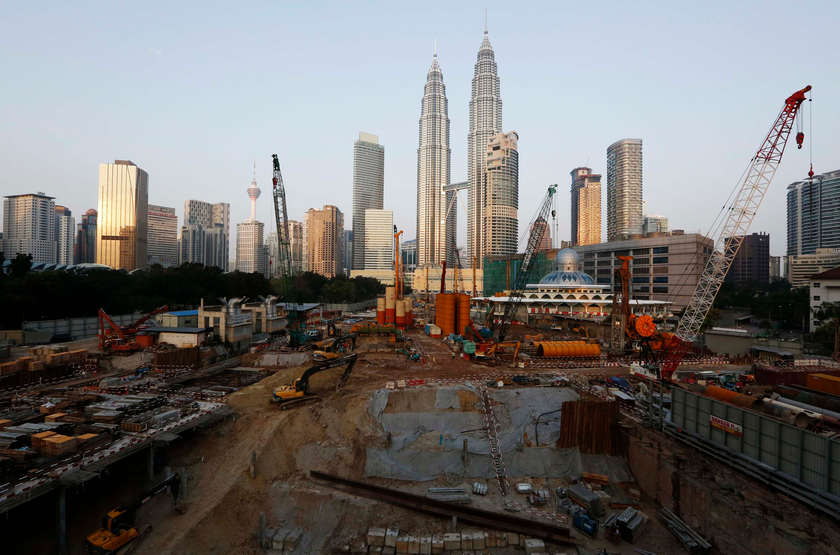KUALA LUMPUR, April 28 — With over 100 staff, Pemandu is the largest of its kind in the world compared to most “delivery units” that comprise about six to 16 workers, a World Bank Group report said.
The April 2017 report by the organisation headquartered in Washington DC also noted that the cost of setting up Pemandu as a unit within the Prime Minister’s Department in 2009 included engaging international consultants, while Pemandu’s annual operating budget is about RM40 million that includes emoluments, labs, workshops and surveys.
“While Pemandu may be the largest in size, it is important to weigh its costs against the benefits that the NTP (National Transformation Programme) produces,” said the World Bank Group’s report titled “Driving Performance from the Center: Malaysia’s experience with Pemandu”.
A “delivery unit” is a group of people at the centre of government that helps the public sector achieve outcomes and manages implementation challenges.
According to the World Bank Group, the original Prime Minister’s Delivery Unit under former UK prime minister Tony Blair had between 30 and 40 staff.
The World Bank Group report noted that Pemandu’s critics have complained about the delivery unit’s high costs, while Pemandu and its supporters considered the costs a “reasonable” investment due to the NTP’s purported benefits to the economy.
The report highlighted the Economic Transformation Programme Lab’s private-sector investment commitments totaling US$406 billion (RM1.77 trillion) that were expected to create 3.3 million jobs and deliver an additional gross national income of US$250 million in 2020.
“As reported in the NTP Annual reports audited by PwC, the realisation of these figures is on track. On this basis, the return on investment is likely to be significant,” said the World Bank Group.
The report also said Pemandu was unique among delivery units globally given the breadth of its mandate, noting that this included not just service delivery that was the remit of other delivery units worldwide, but also industrial policy like its National Key Economic Areas.
“In addition, part of Pemandu’s size can be explained by its commercial arm, which accounts for around 40 per cent of Pemandu’s staff complement.
“Finally, Pemandu has also staffed certain functions, such as communications, far more extensively than other DUs (delivery units). This breadth of scope results in Pemandu’s slightly over 100-person staff strength,” said the World Bank Group.
The report said Pemandu channelled “substantial” attention and resources to communications.
“During the initial stages of the NTP, Pemandu received a special budget allocation to develop communications strategies and plans for ministries. Pemandu recognised early on that managing the public perception of the government’s reform efforts is one of the key tasks of the transformation agenda,” said the World Bank Group.
The Prime Minister’s Office announced last January that Pemandu would start transitioning its NTP work to the civil service over a period of two years and reduce its current staff strength from 133 to 45 this year and to 30 in 2018.
Under the transition process, all staff in Pemandu and Pemandu’s development consulting arm, BFR Institute, would move to Pemandu Associates Sdn Bhd, a private consultancy firm established by Pemandu management and staff.
The NTP was launched in 2010, comprising the Economic Transformation Programme and the Government Transformation Programme, to improve the government’s delivery system and to drive Malaysia towards high-income status by 2020.




















